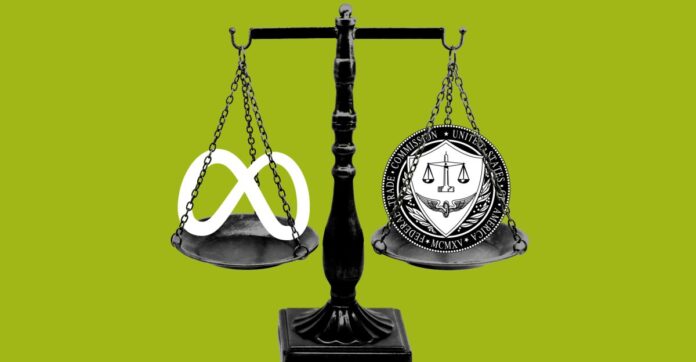Introduction to the Antitrust Case
Meta, the company behind Facebook, Instagram, and WhatsApp, is currently fighting an antitrust case in court. The Federal Trade Commission (FTC) alleges that Meta has unlawfully monopolized the social networking market through its acquisitions of Instagram and WhatsApp. Recently, Meta filed a motion for judgment, arguing that the FTC has failed to produce any evidence to support its claims.
The Filing and Its Implications
The motion was submitted after the FTC rested its case in the trial before DC District Court Judge James Boasberg. According to Meta spokesperson Christopher Sgro, "After five weeks of trial, it is clear that the FTC has failed to meet the legal standard required under antitrust law." Meta claims that the FTC’s case is weak and ignores the reality of the social networking market. The company argues that Instagram competes with other popular apps like TikTok, YouTube, and X, and that the FTC’s market definition is flawed.
Understanding the Judgment on Partial Findings
The motion for judgment on partial findings is a request for the judge to consider the case’s merits before it has been fully argued in court. This can help speed up the resolution of the case. Although the trial is still scheduled to proceed, the filing provides a preview of Meta’s defense against the FTC’s allegations.
Challenging the FTC’s Claims
Meta’s lawyers have taken aim at the FTC’s description of the company’s alleged monopoly in the "personal social networking services" market. They argue that the FTC has failed to demonstrate that Meta reduced the quality of its services or that it bought Instagram to neutralize a potential rival. The company claims that it has faced significant competition from other social networks, including TikTok, which has been a major competitor for the attention of young users.
Key Testimonies and Counterarguments
The FTC has presented testimony from high-profile players in Meta’s businesses, including Instagram’s co-founder Kevin Systrom and its current head, Adam Mosseri. However, Meta has countered by emphasizing its struggles against social networks that the FTC doesn’t consider full competitors. The company portrays TikTok as a major competitor, particularly in the battle for the attention of 17-year-olds.
Conclusion
In conclusion, Meta’s motion for judgment highlights the company’s confidence in its defense against the FTC’s antitrust allegations. By arguing that the FTC has failed to produce evidence of unlawful monopolization, Meta is pushing back against the government’s claims. As the trial continues, it will be interesting to see how the judge rules on the motion and how the case unfolds. Ultimately, the outcome of this case will have significant implications for the social networking market and the future of tech giants like Meta.

